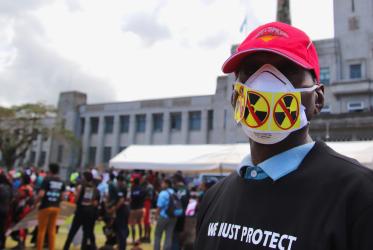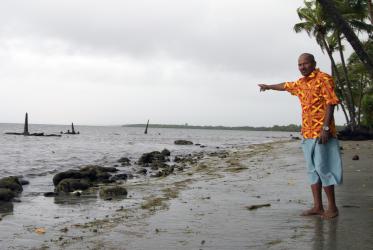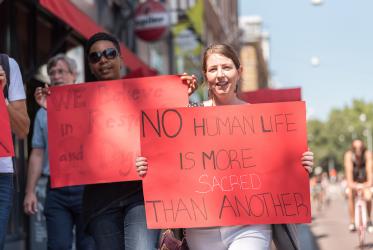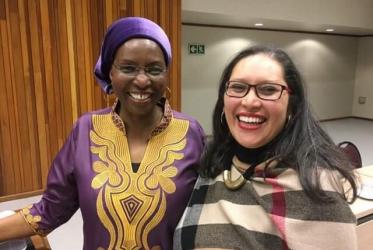Displaying 1 - 20 of 49
29 August 2023
Pacific Theological College publishes “A COVID-19 Wellbeing Statement”
03 September 2021
Churches should use their voice on climate change
26 February 2020
All pilgrim routes lead to COP24
11 December 2018
Pan African Women of Faith issue fervent Call to Action
20 November 2018
WCC moderator speaks at Justice Conference in Norway
09 November 2018
WCC executive committee tackles public issues
07 November 2018
WCC supports UN petition from French Polynesia
07 November 2018
WCC greets new leadership of ACT Alliance
31 October 2018
Worrying food shortages compel faith action
19 October 2018













